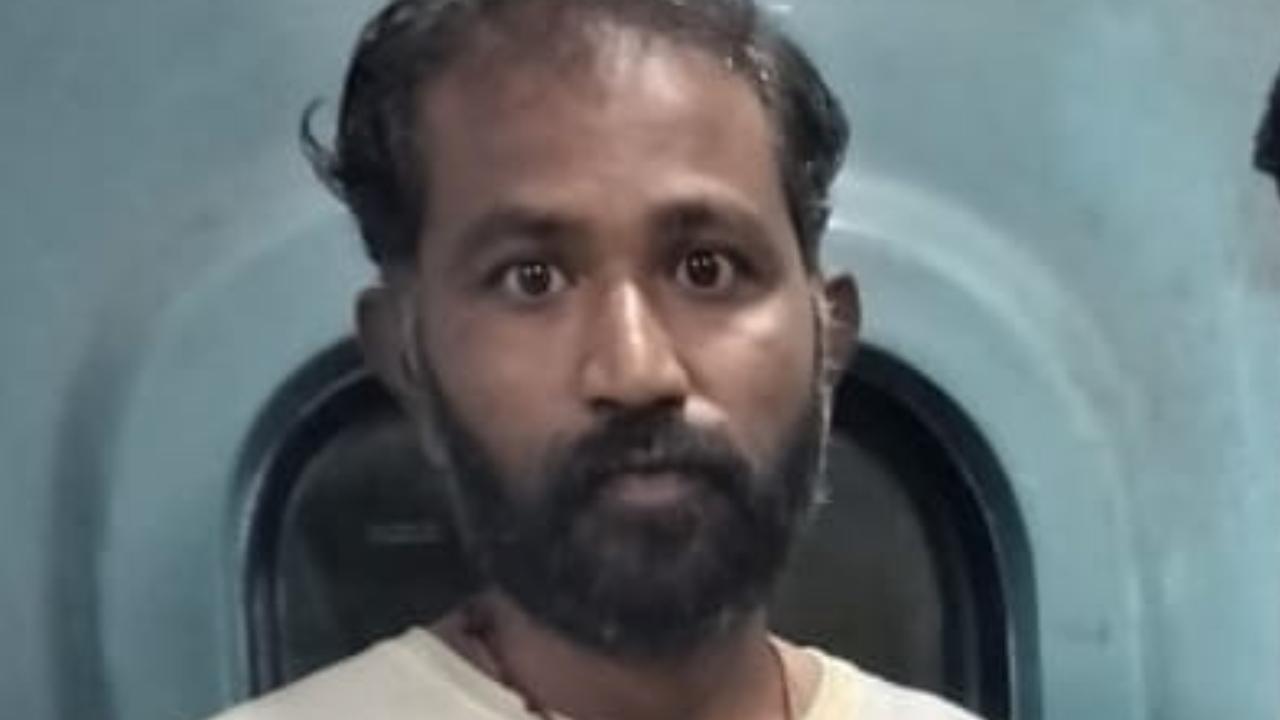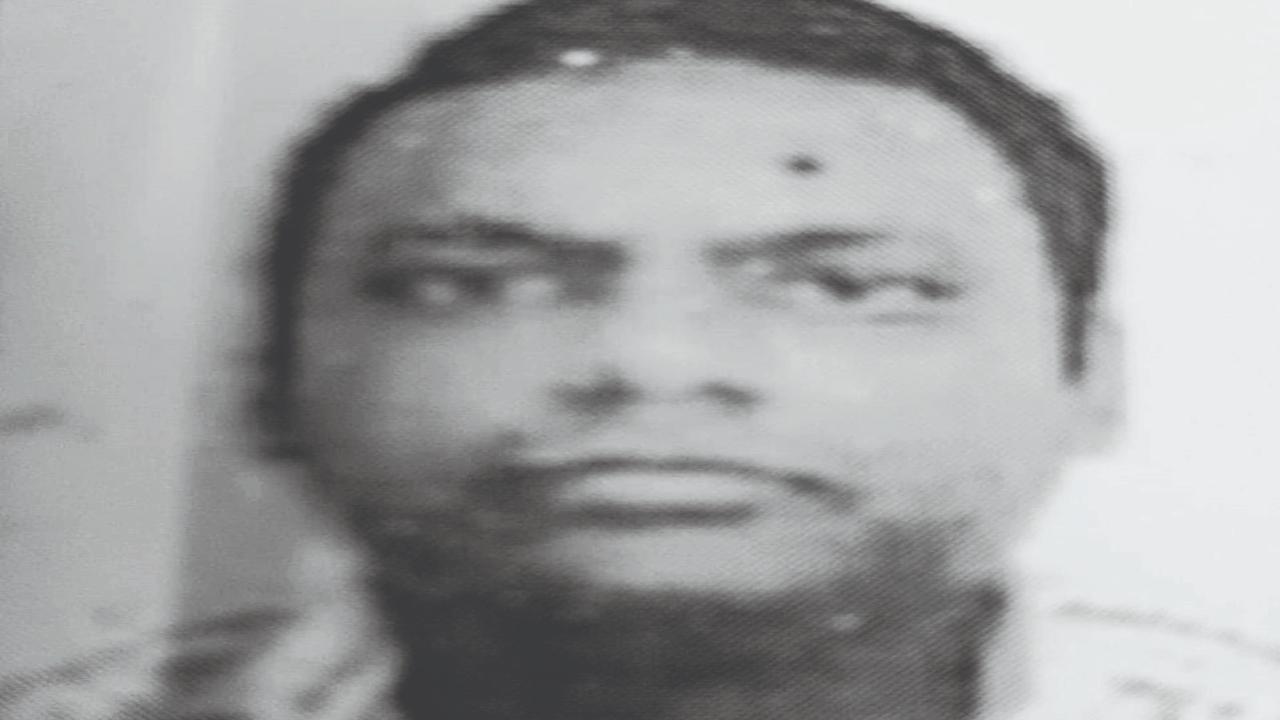A court in Maharashtra’s Thane district has acquitted a 30-year-old man accused of rape and cheating, along with his mother and brother, who were charged with caste-based abuse, citing a lack of evidence by the prosecution, news agency PTI reported.
The order, passed on September 24 by Additional Sessions Judge AS Bhagwat, designated as a special judge under the Scheduled Castes (SC) and Scheduled Tribes (Prevention of Atrocities) Act, was made public on Tuesday.
The accused, along with his two family members, had been facing charges in connection with a 2022 case. The court ruled that the prosecution failed to substantiate the allegations against the trio, leading to their acquittal on all counts, PTI reported.
The case was registered under sections 376 (2) (rape), 420 (cheating), 504 (intentional insult), and 506 (criminal intimidation) of the Indian Penal Code (IPC) at the Mumbra Police Station in Thane, based on a complaint filed by a 19-year-old woman from an SC community.
The complainant alleged that the man, who belonged to the Maratha community, made physical relations with her between September 2019 and 2021 on the promise of marriage. However, he later refused to marry her, stating his family was not ready for his marriage with her as she was from a “low caste”, PTI reported.
She also alleged that during their meeting, the other two accused publicly insulted her parents using casteist slurs. The court, however, said the prosecution`s evidence was insufficient to sustain any of the serious charges against the trio.
Thane court acquits businessman accused of abusing tribal man, cites faulty probe
In another incident, a Thane court has acquitted a businessman accused of abusing a tribal man in 2018, citing insufficient corroboration of the prosecution`s evidence, reported news agency PTI.
Additional Sessions Judge AS Bhagwat, in the judgment passed on September 26, observed that the prosecution failed to prove its case beyond a reasonable doubt.
A copy of the order was made available on Tuesday.
Jayesh Ramesh Bhoir (39), a businessman from Thane city in Maharashtra, was accused of abusing and threatening Raju Budhya Tumbada, a member of the Warli tribal community, during a dispute over land ownership here on January 28, 2018, reported PTI.
Tumbada, who is the complainant in the case, alleged that Bhoir attempted to encroach on his agricultural land by erecting cement poles with the help of a labourer.
When the complainant and his wife resisted, Bhoir allegedly hurled caste abuses, according to the FIR lodged at Kasarvadvali Police Station under provisions of the Scheduled Castes and Scheduled Tribes (Prevention of Atrocities) Act, reported PTI.
The prosecution examined nine witnesses, including the complainant, his wife, two panchas, eye-witnesses, and investigation officers. Several documentary exhibits, such as caste certificates, civil suit plaints, and panchnamas, were also placed on record.
Judge Bhagwat, after reviewing the evidence, pointed to several deficiencies and contradictions in the prosecution`s case:
“The prosecution witness had lodged the complaint two days after the alleged incident. The delay of two days is not explained in the FIR or any other document. Hence, as per the settled legal position, the FIR is to be viewed suspiciously,” the Thane court said, reported PTI.
“The prosecution witness had admitted inimical relations with the accused over land dispute from prior to the date of the incident. Witness has also admitted that several litigations are pending over the said land dispute in the civil court. Therefore, there is a clear-cut possibility of false implication of the accused by witness,” it noted, reported PTI.
There is no convincing corroboration of the evidence of the prosecution witness, the court said.
The independent eye-witnesses have not supported the prosecution`s case at all and have turned hostile, it said.
The investigation of the case is “faulty and not as per provisions of the Scheduled Caste and Scheduled Tribes (Prevention of Atrocities) Act,” it added while acquitting the accused.
(With inputs from PTI)











